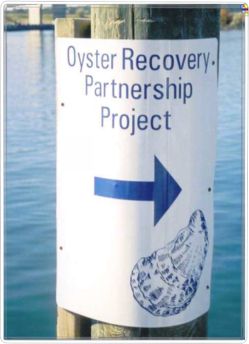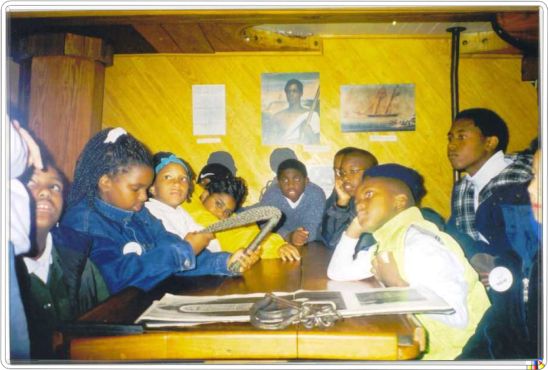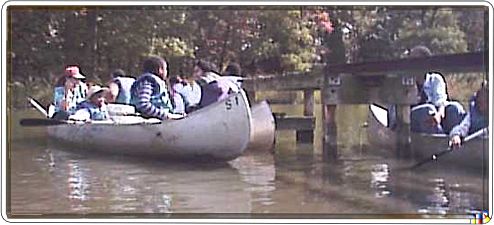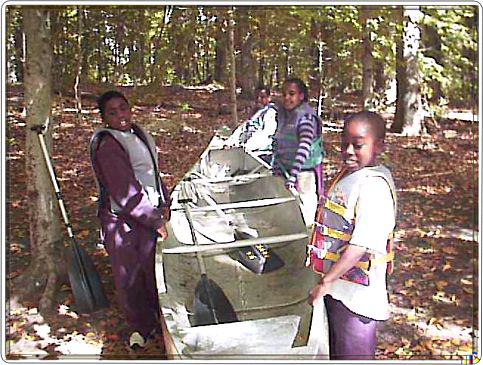| Our Chesapeake Studies course is an
integrated course in which students examine local and global issues
of sustainability. Environmental Science, English, American History, and Mathematics are some of the subjects which are taught during the sixty hours that students spend shipboard. |
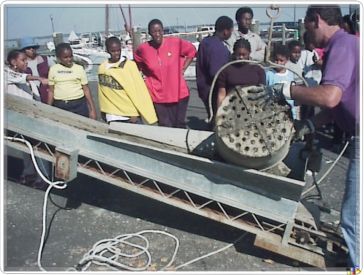 |
| By the end of the fall semester, our students are skilled navigators, able to use maps, topographical identification, and a global positioning system. As a student crew, these youngsters engaged in several hours of independent sailing. | 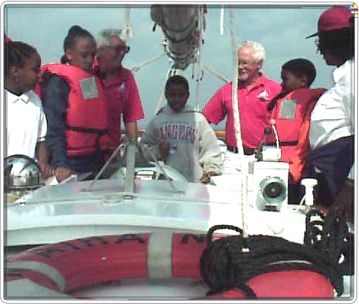 |
| Sailing not only creates an opportunity to appreciate the beauty of God's creation. It provides a reality-based milieu for hard work, responsibility, and team interaction. |
| Local sustainability issues, the tools of a waterman, American history and navigation: a 12 hour day of integrated learning at its best. Prepared research topics on the following days provide opportunities for research, writing, analysis, and oral presentation. |
|
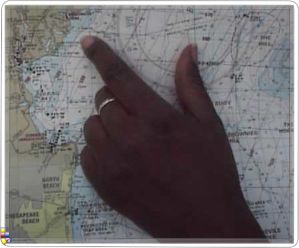 |
|
|
|
|
|
|
||
| Our students spent one day in the belly of the Amistad slave ship as part of their study of American slavery and its influence on the economy and culture of the Chesapeake Bay area. | ||
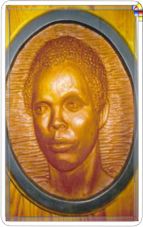 |
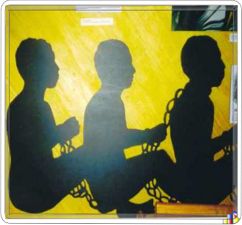 |
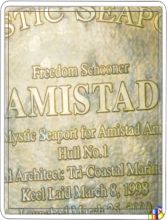 |
| Several of our students said that this was an experience of lasting impact. | ||
|
